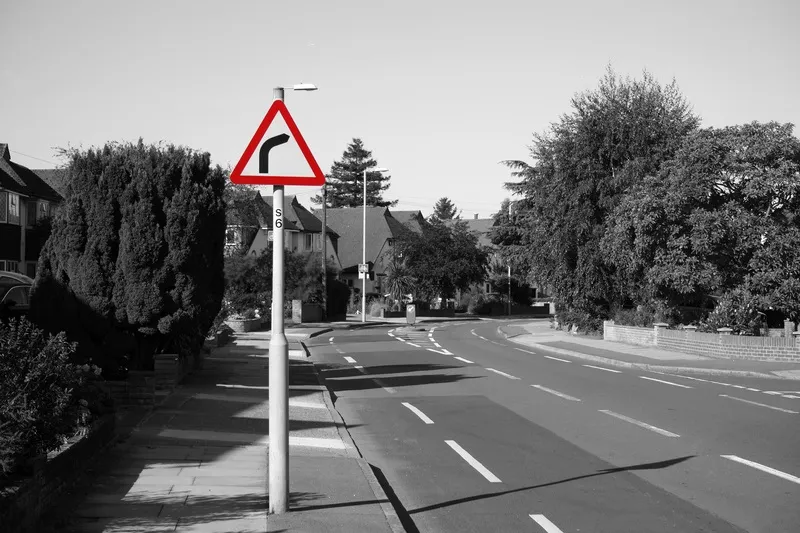
Transport Technology Forum (TTF) has been highly commended in a civil engineering awards ceremony for its work to assess UK travel patterns under Covid-19 restrictions.
TTF led the collation of transport data from local authorities into information used to understand changes in travel behaviour.
Along with commercial data suppliers, this enabled the collection, processing and visualisation of more than 16 million travel movements during the lockdown period and beyond.
TTF worked with Arup and White Willow Consulting, supporting the Department for Transport (DfT) in understanding how lockdown had impacted traffic.
DfT is well informed about traffic on the Strategic Road Network through Highways England, but had limited visibility on other roads with much of the data being held locally.
The work, which was Project of the Year at this year's ITS (UK) Awards, was highly commended recognition in the Covid-19 Response category at the New Civil Engineer British Construction Industry Awards.
TTF is now able to publish outcomes from this data set for interested parties, "not least those bodies who went above and beyond the call to share their data with us", it says.









